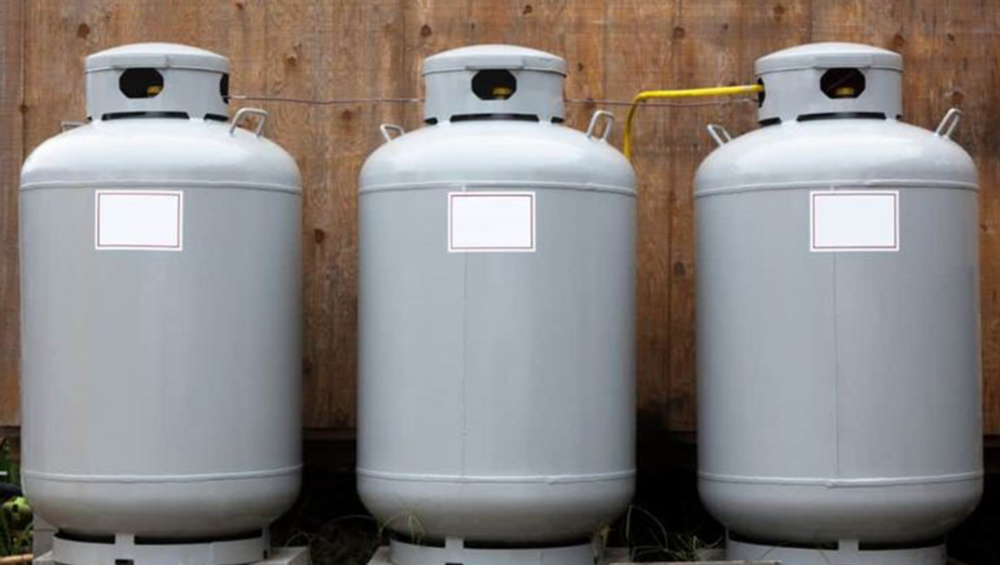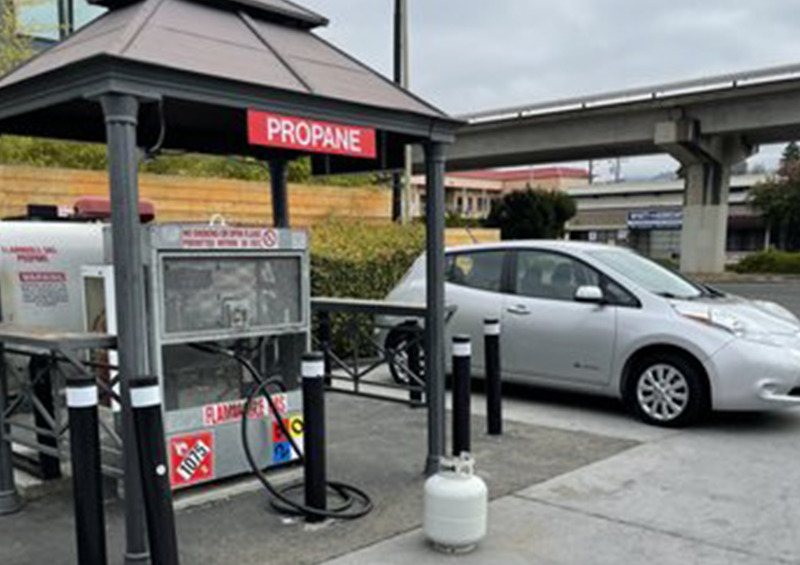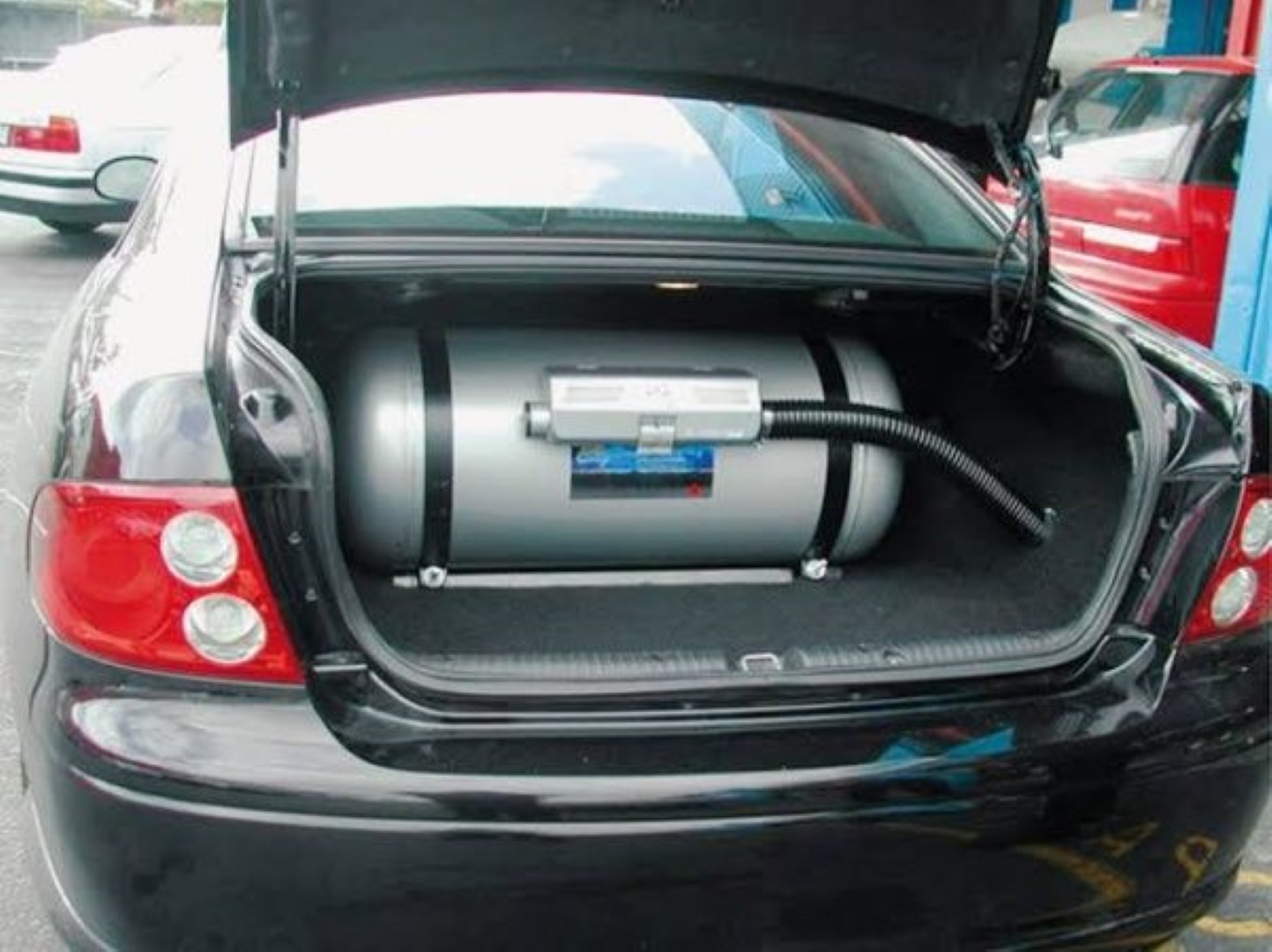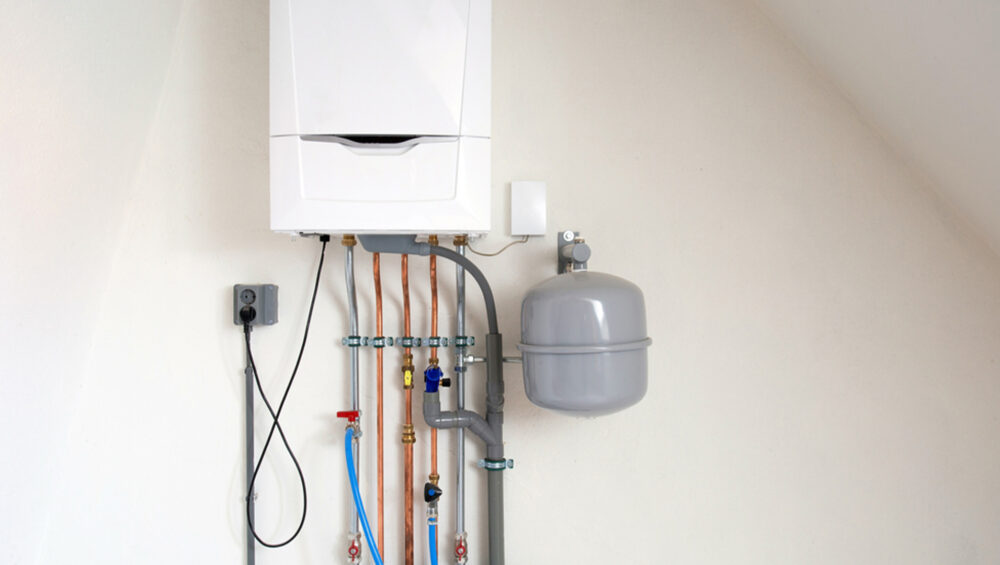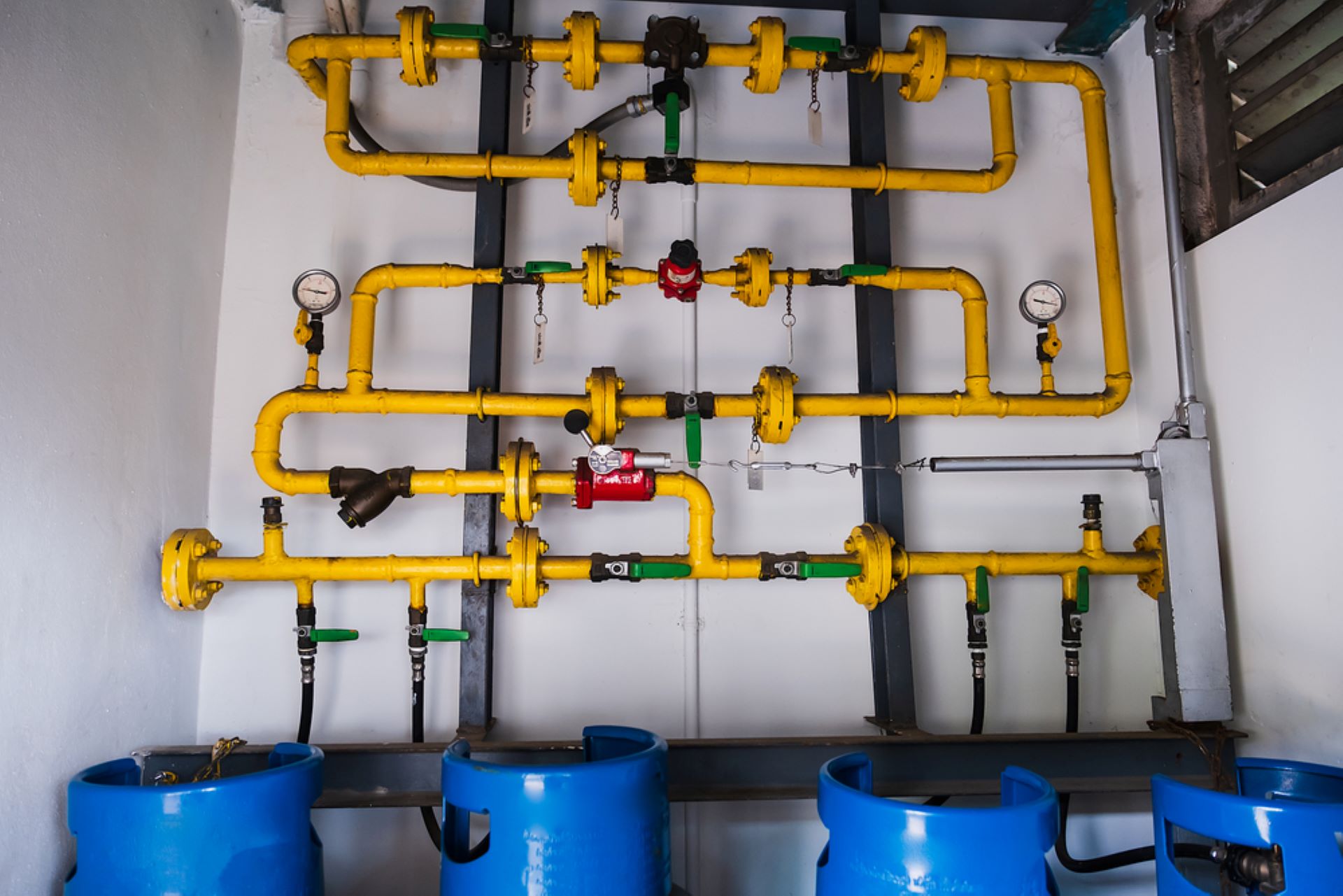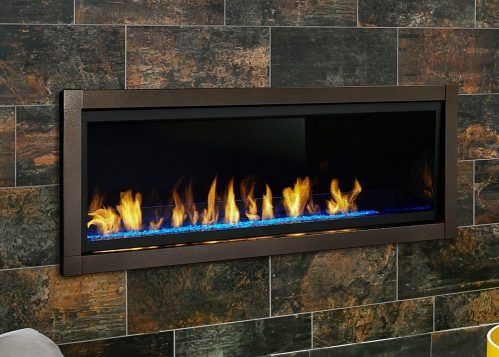In homes, workplaces, and leisure spaces, propane is a flexible and effective fuel that can be used for cooking, heating, and powering various products. You are not the only one thinking, “How many BTUs are in a gallon of propane?” Whether you have a 500-gallon propane tank or utilize smaller cylinders, such as a 20-lb propane tank, knowing this measure is essential for effective energy usage and managing your propane demands.
The BTU Basics: What Is It?
The British Thermal Unit, or BTU, calculates how much heat energy is needed to increase one pound of water’s temperature by one degree Fahrenheit. It serves as a common unit of measurement for energy and aids in comparing the effectiveness of electricity, natural gas, and propane.
How Many BTUs Are in a Gallon of Propane?
A gallon of propane has around 91,500 BTUs in it. Propane is a popular option for home heating, cooking on propane stoves, and even powering industrial equipment because of its high energy content. Whether you are using a residential propane tank refill service or obtaining fuel for business uses, propane gas’s efficiency allows you to accomplish more with less.
Why Is Knowing BTUs Important?
Understanding the BTUs in propane helps you:
- Plan Your Usage:
Whether you have a 250 or 500-gallon propane tank, knowing the BTUs per gallon makes it easier to predict how long your supply will last given the energy requirements of your appliances.
- Compare Costs:
You must know how many BTUs each fuel generates for the price paid to compare propane to other fuels like electricity or natural gas. The cost-effectiveness of propane, for example, is made clear by its high energy density.
- Optimize Efficiency:
Selecting the appropriate propane tank for sale or choosing between lesser choices, such as a 100 lb propane tank against a bigger LP gas tank, is made easier by knowing the BTUs.
The Propane Tank Selection Process
The type of propane tank you need depends on your usage. Here’s a quick breakdown:
Small Propane Tanks:
Perfect for camping stoves, portable warmers, and grilling. Local propane fill-up facilities are frequently able to replenish them.
100 lb Propane Tank:
Ideal for fireplaces, water heaters, or tiny residences. It is very simple to transport and replenish these tanks.
250-Gallon Propane Tank:
Ideal for residences that use propane moderately and are modest in size. Regular propane deliveries and expert installation are frequently needed for these tanks.
500-Gallon Propane Tank:
Ideal for commercial uses or bigger households. To guarantee a steady supply, several propane providers in my area provide routine refill services.
Ways to Reduce Propane Expenses
- Schedule Regular Refills:
Make an appointment for propane tank refill services to prevent running out of propane. Discounts are frequently offered for regular fills and consistent use.
- Compare LPG Gas Cylinder Prices:
Prices might differ from one provider to another. Look for loyalty plans or promotions from local LP gas companies.
- Invest in Quality Tanks:
Selecting the best propane tank guarantees its long-term stability and security. Prioritize quality before price whether you are purchasing a little propane cylinder or a 250-gallon propane tank.
Why Propane Is the Ideal Energy Choice
Propane gas is environmentally beneficial in addition to being energy-efficient. Compared to other fossil fuels, it emits fewer greenhouse emissions during clean burning. Using propane has never been simpler thanks to services like local propane tank delivery and commercial propane delivery.
Propane’s 91,500 BTUs per gallon provide unparalleled power and versatility for a variety of applications, including home heating, business operations, and cooking. Propane is a dependable energy source for numerous applications due to the ease of propane delivery services and the range of tank alternatives available.
Final Thoughts
Propane is efficient and convenient for both households and businesses, from choosing the correct tank to comprehending BTUs. Look for propane delivery near me, consider alternatives like propane exchange delivery, and select the appropriate tank size for your requirements to guarantee a consistent supply. Propane offers a powerful and affordable energy alternative, whether you are using a 500-gallon propane tank for house heating or a 20-pound propane tank for a grill.

